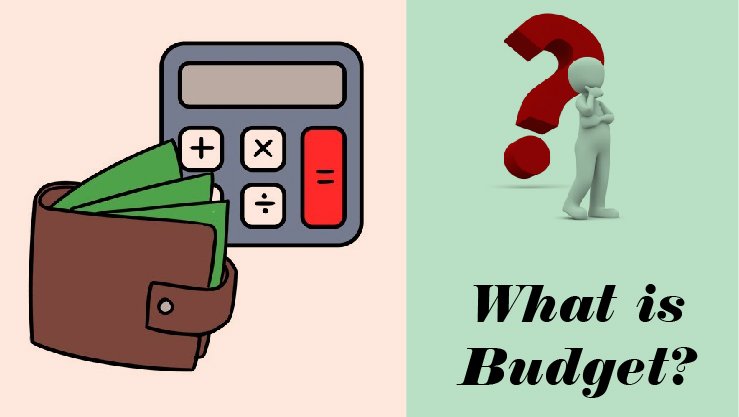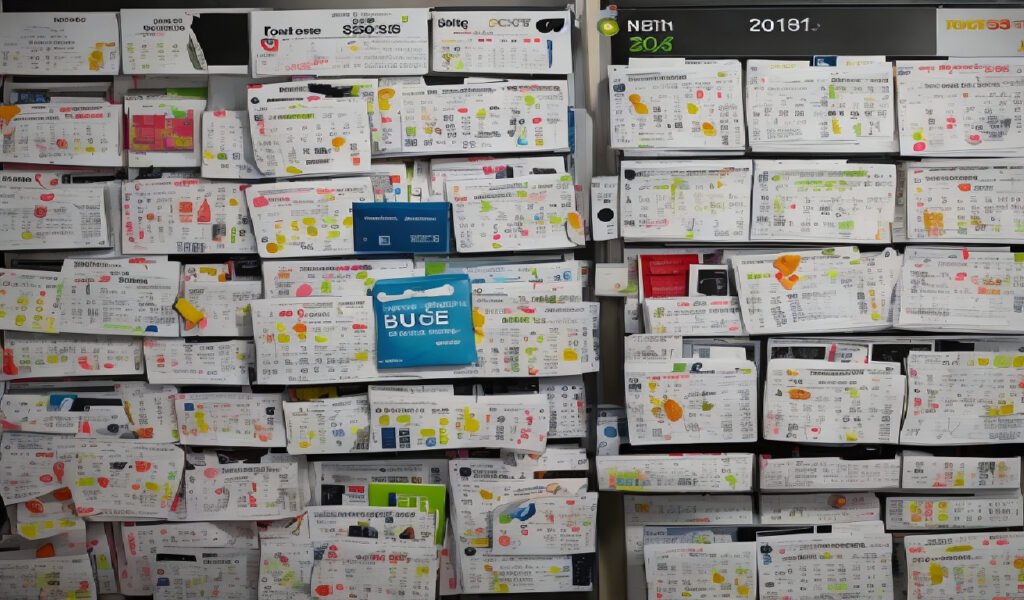The Low-Budget Blueprint: A Step-by-Step Guide to Taking Control of Your Finances

Living on a low budget can feel like a constant juggling act. Every dollar needs to be stretched as far as possible, and unexpected expenses can throw your entire financial plan into disarray. However, living a fulfilling live on a low budget is absolutely achievable. By adopting some smart strategies and making conscious choices, you can take control of your finances and feel empowered, even with limited resources.
This article dives into practical tips and tricks to help you live on a low budget. We’ll explore ways to save money on groceries, housing, utilities, and other essential expenses. We’ll also discuss strategies for managing debt, building an emergency fund, and developing a healthy financial mindset.
Budgeting: The Cornerstone of Living on a Low Budget
The foundation of any successful low-budget lifestyle is a well-defined budget. A budget allows you to track your income and expenses, identify areas where you can cut back, and allocate your resources effectively. There are several budgeting methods available, so find one that suits your style and personality.
Here are some popular budgeting methods to consider: Live on a Low Budget
- 50/30/20 Rule: This method allocates 50% of your income to essential needs like housing and food, 30% to wants and discretionary spending, and 20% towards savings and debt repayment.
- Zero-Based Budgeting: With this method, you assign every dollar of your income a specific purpose, ensuring no money remains unaccounted for at the end of the month.
- Envelope System: This traditional method involves allocating cash to designated categories like groceries or transportation and using physical envelopes to track your spending.
Regardless of the method you choose, consistency is key. Regularly track your income and expenses to stay on top of your finances and identify areas for improvement. There are many budgeting apps and online tools available to simplify the process.
Slashing Your Grocery Bill: Saving on Food Costs
Groceries can be a significant expense, but there are several ways to save on a low budget. Here are a few tips:
- Plan your meals: Impulse purchases at the grocery store are a major budget buster. Plan your meals for the week and create a grocery list based on your plan. Stick to your list and avoid impulse buys while shopping.
- Embrace seasonal produce: Seasonal fruits and vegetables are typically more affordable and fresher. Explore farmers markets or discount grocery stores for these deals.
- Cook at home: Eating out frequently can quickly drain your budget. Cooking at home allows you to control portion sizes and choose healthier ingredients. There are many budget-friendly and delicious recipes readily available online.
- Utilize store brands: Store brand products often offer the same quality as name brands at a fraction of the cost. Give them a try and see if you can tell the difference.
- Reduce food waste: Plan your meals carefully and buy only what you need. Store leftovers properly and repurpose them into new meals to avoid food waste.
By incorporating these strategies, you can significantly reduce your grocery bill and free up more money for other needs.
Finding Affordable Housing: Optimizing Your Living Situation
Housing costs often represent the largest expense in a low-budget lifestyle. Here are some tips to find affordable housing:
- Consider roommates: Sharing living space with roommates can significantly reduce your monthly rent.
- Explore different neighborhoods: Research rental prices in various neighborhoods to find areas that fit your budget. You might be surprised by hidden gems offering affordable housing options.
- Negotiate your rent: Don’t be afraid to negotiate your rent with potential landlords, especially if you’re offering a longer lease term or providing references.
- Downsize your living space: Living in a smaller apartment or house can translate to significant cost savings on rent and utilities.
Finding affordable housing might require some compromise, but with careful research and a willingness to explore different options, you can secure a comfortable living space within your budget.
Taming Utilities: Cutting Costs on Essential Services
While essential, utilities can also eat into your budget on a low budget. Here are some ways to save:
- Be mindful of energy consumption: Unplug unused electronics, turn off lights when not in use, and adjust your thermostat to save on electricity costs.
- Shop around for better rates: Compare prices from different service providers for electricity, gas, and internet. Switching providers can lead to significant savings.
- Wash clothes in cold water: Most laundry detergents work effectively in cold water, reducing the energy needed to heat water for washing machines.
- Air dry clothes whenever possible: Skip the dryer and hang your clothes to dry, saving on electricity costs.
Transportation:
- Discuss strategies for reducing transportation costs, such as utilizing public transportation, carpooling, cycling, or walking whenever possible.
- Briefly mention cost-saving measures for maintaining a low-maintenance vehicle if car ownership is necessary.
Debt Management:
- Offer tips for managing existing debt, including prioritizing high-interest debts and exploring options like debt consolidation or repayment plans.
- Briefly discuss strategies for avoiding new debt, such as living within your means and delaying non-essential purchases.
Building an Emergency Fund:
- Explain the importance of having an emergency fund to cover unexpected expenses and avoid falling back into debt.
- Offer suggestions for building an emergency fund, even on a low budget, starting with small, regular contributions.
Developing a Healthy Financial Mindset:
- Discuss the importance of developing a positive and realistic financial mindset for long-term success.
- Offer tips for staying motivated and avoiding discouragement when living on a low budget.
Live on a Low Budget


